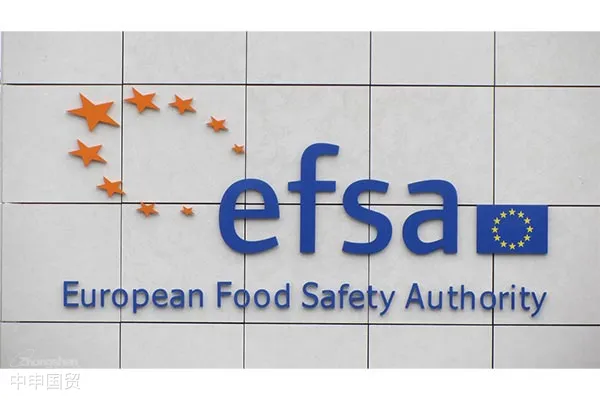- Shanghai Zhongshen International Trade Co., Ltd. - Two decades of trade agency expertise.
- Service Hotline: 139 1787 2118

In Document No. 2023.8081 issued on July 12, 2023, the European Food Safety Authority (EFSA) accepted the application submitted by Bayer CropScience SA-NV. The application requests revisions to the maximum residue limits (MRLs) for flupyradifurone and its metabolite difluoroacetic acid in various plant and animal commodities and the establishment of import tolerances, as per Article 6 of Regulation (EC) No 396/2005.
To determine whether this application should be accepted, EFSA conducted a risk assessment. Based on the assessment results, EFSA recommends revising the MRLs for flupyradifurone and its metabolite difluoroacetic acid in food.
Revising maximum residue limits in food
Based on the risk assessment results, EFSA recommends revising the MRLs for flupyradifurone and its metabolite difluoroacetic acid in food.| Pesticide Name | Product Category | Current Maximum Residue Limit (mg/kg) | Revised Maximum Residue Limit (mg/kg) |
|---|---|---|---|
| Flupyradifurone | Chinese Cabbage | 0.01 | 4 |
| Herbs and Edible Flowers | 6 | 40 | |
| Sunflower Seeds | 0.01 | 0.07 | |
| Oats | 0.01 | 3 | |
| Honey and Other Bee Products | 0.05 | 2 | |
| Pig Fat | 0.015 | 0.02 | |
| Pig Liver | 0.08 | 0.1 | |
| Difluoroacetic Acid | Macadamia Nuts | 0.04 | 3 |
| Chinese Cabbage | 0.02 | 0.5 or 0.7 | |
| Sunflower Seeds | 0.05 | 0.09 or 0.15 | |
| Oats | 0.3 | 0.6 or 0.8 | |
| Pig Fat | 0.1 | 0.2 | |
| Poultry Fat | 0.03 | 0.04 |
This application and EFSAs risk assessment results are significant for food producers and importers as they may influence their choice of pesticides and application methods. It will also impact consumers who have the right to know about pesticide residues in their food.
EFSAs recommendation requires approval from the European Commission to take effect. If approved, it will modify existing MRLs and potentially impact pesticide usage regulations.
Note: While EFSAs recommendation may affect pesticide regulations, pesticide use must still comply with national laws which may impose stricter restrictions.
Related Recommendations
Category case
Contact Us
Email: service@sh-zhongshen.com
Related Recommendations
Contact via WeChat

? 2025. All Rights Reserved. 滬ICP備2023007705號-2  PSB Record: Shanghai No.31011502009912
PSB Record: Shanghai No.31011502009912









